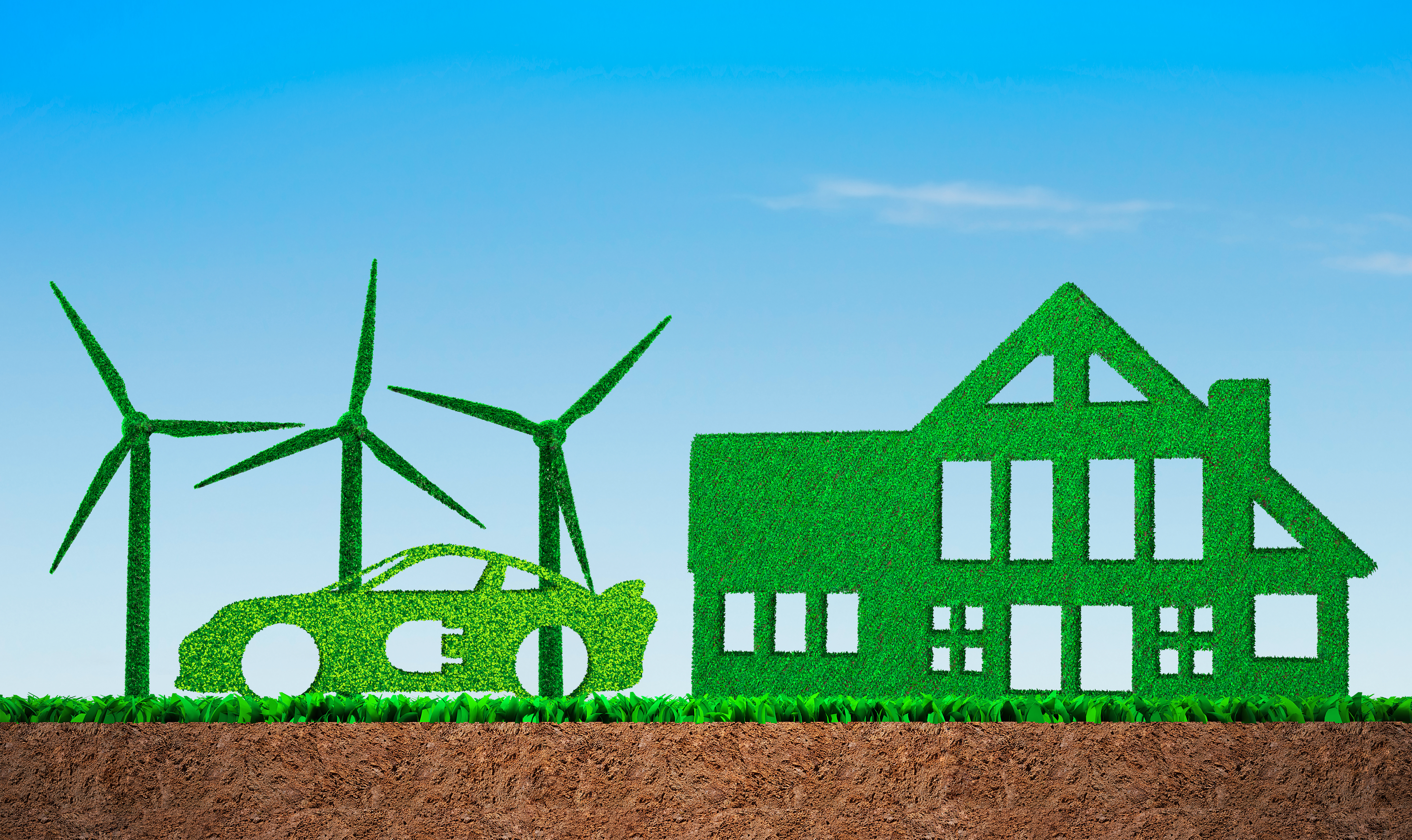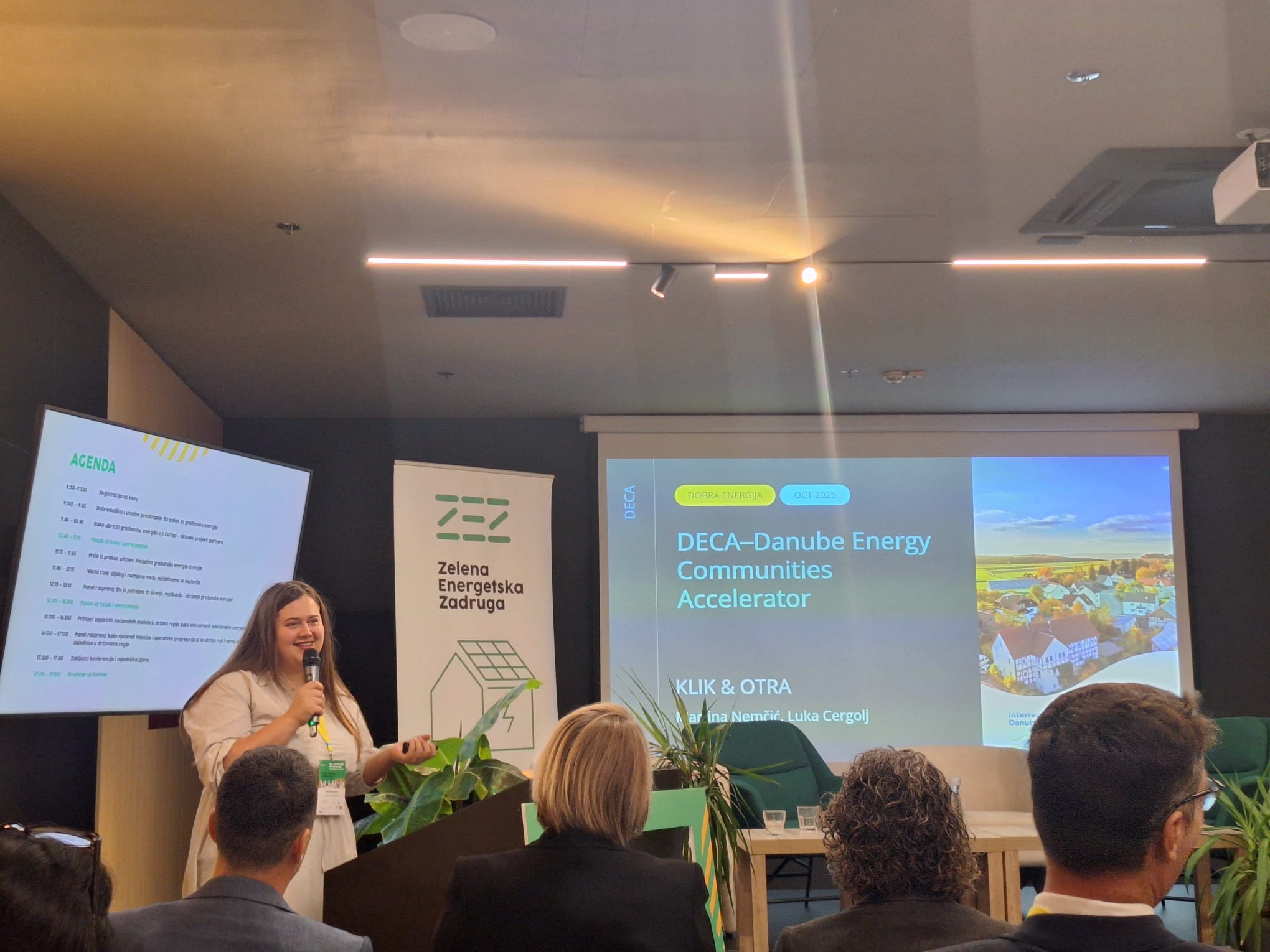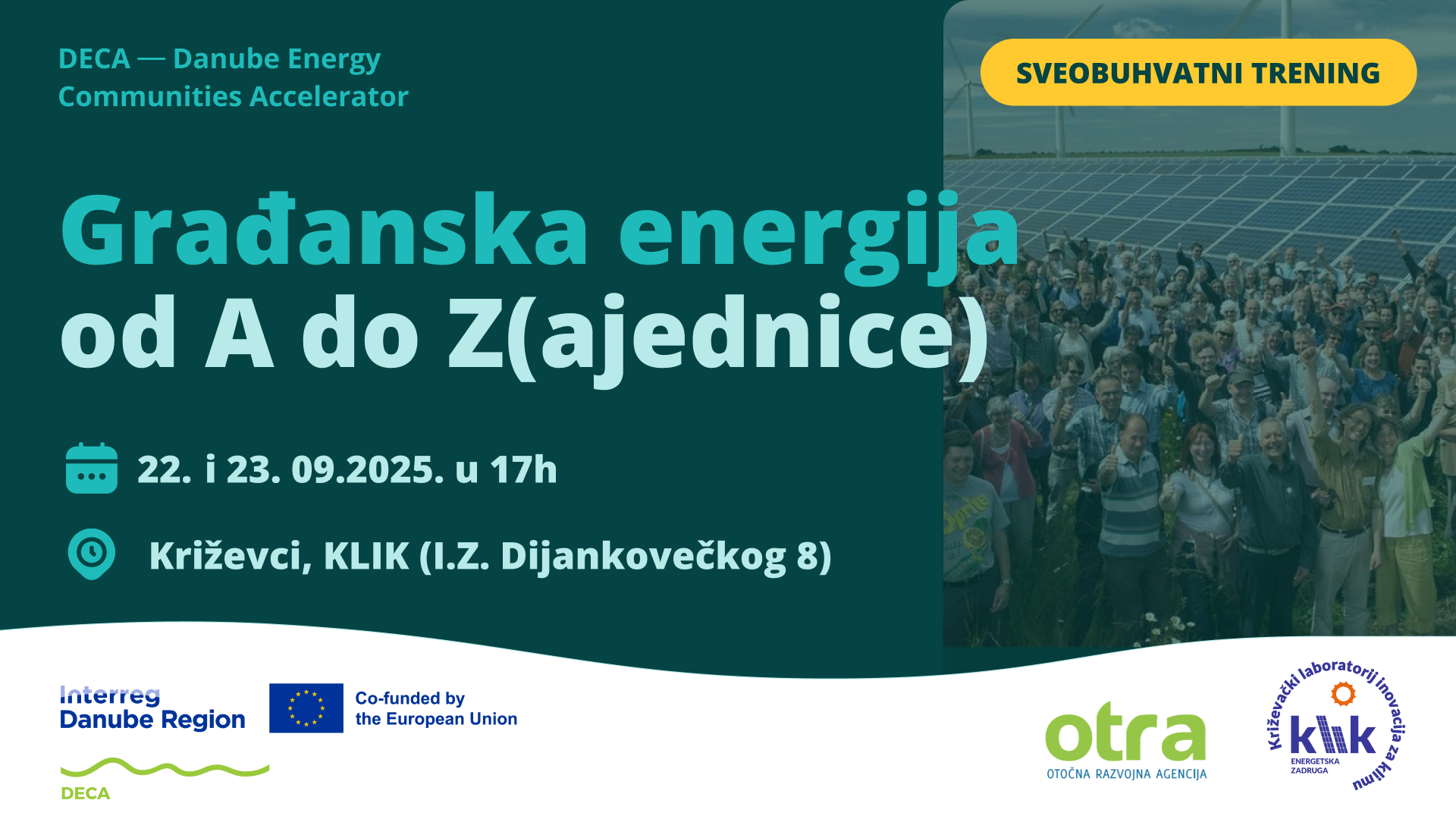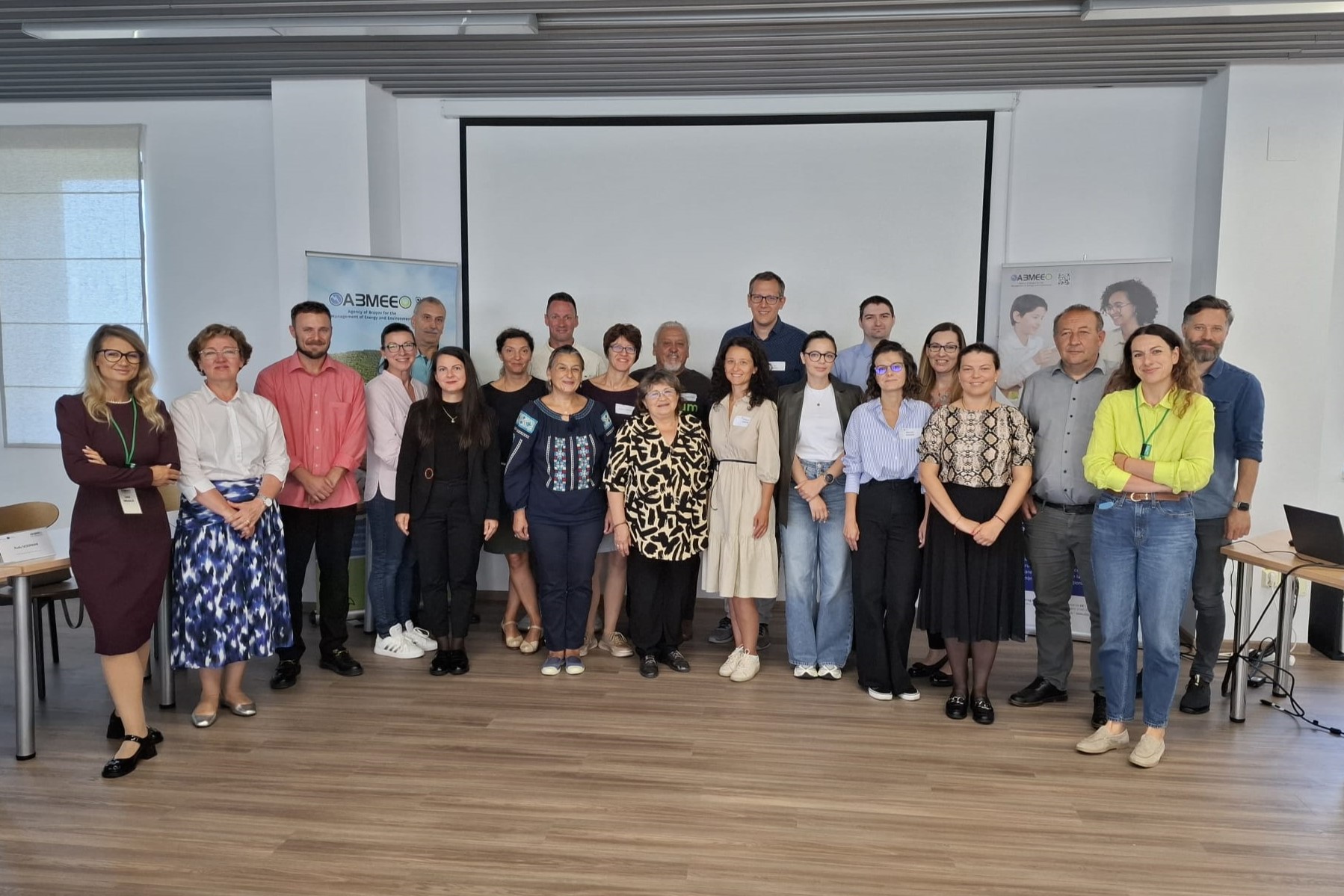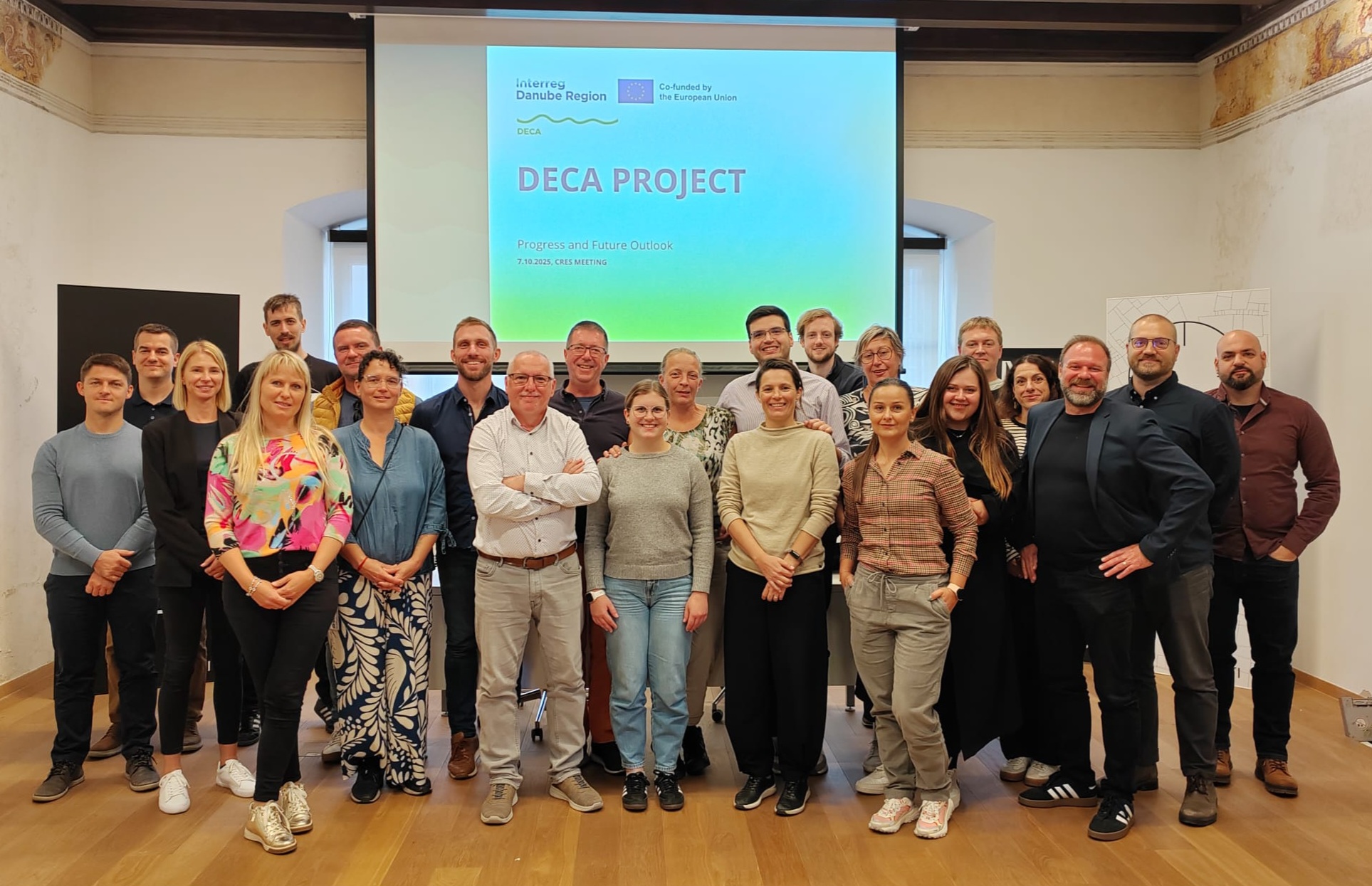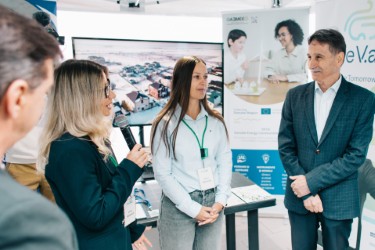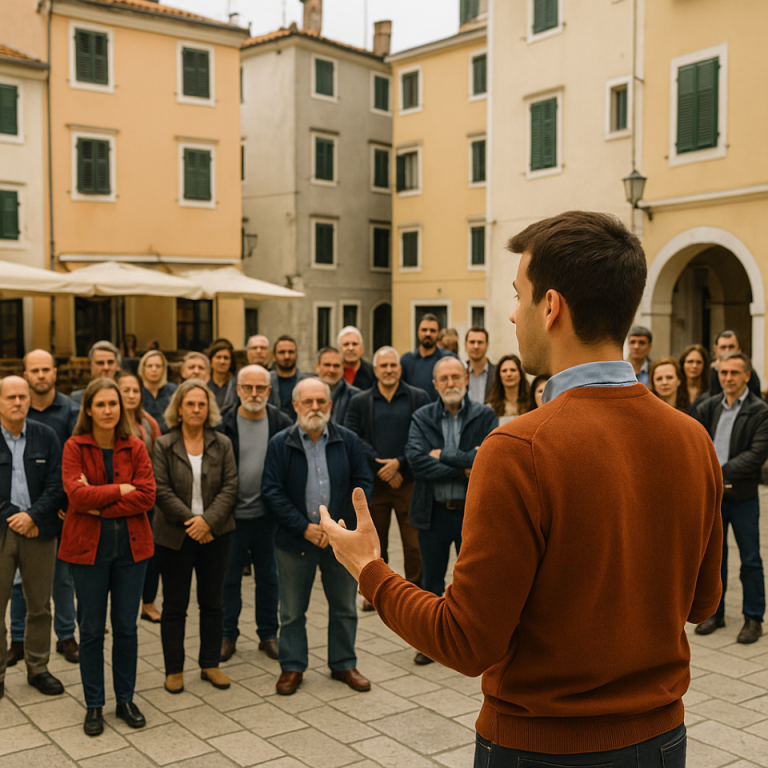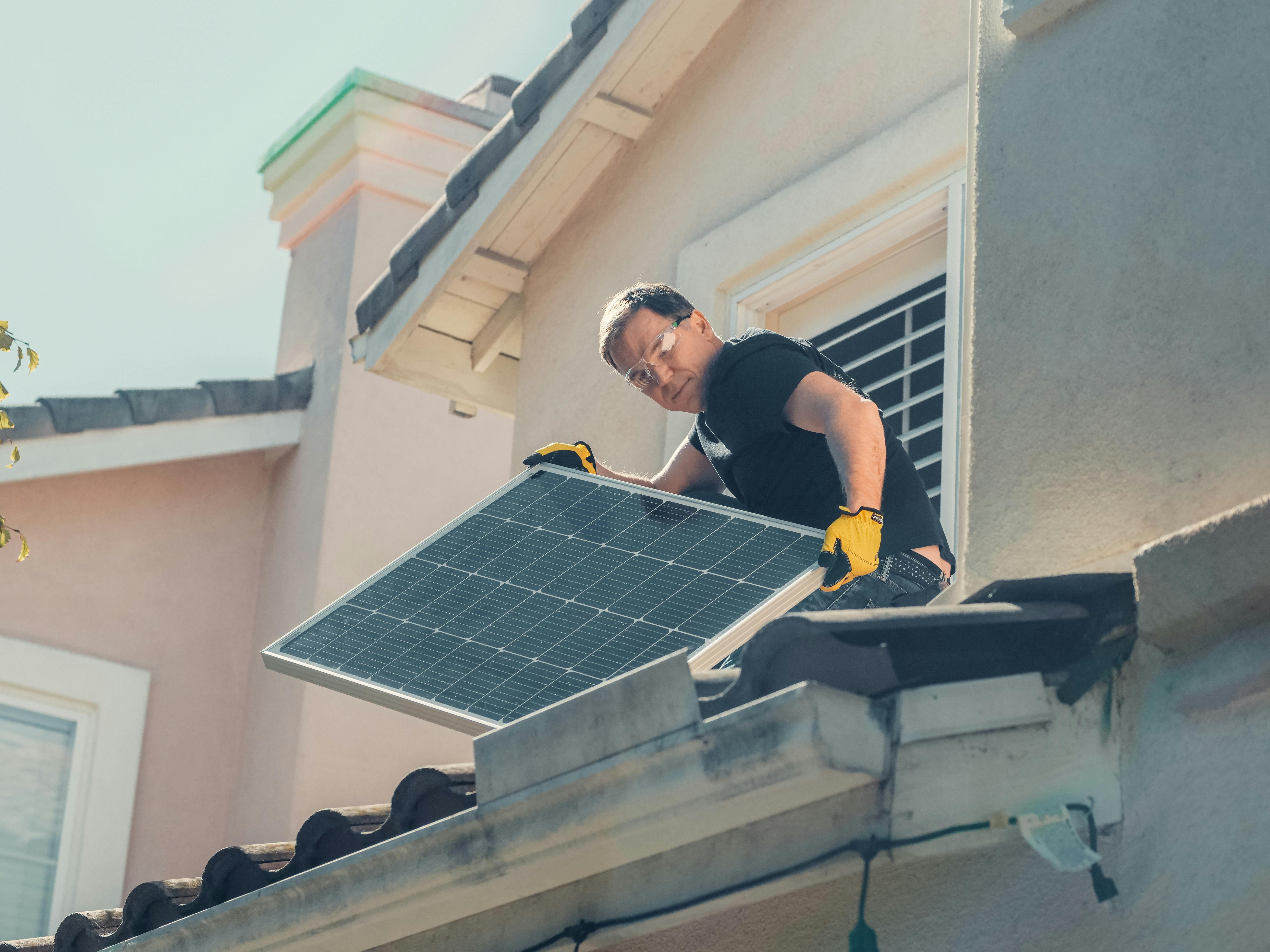
Energy Communities in Romania: Moving from Concept to Reality
Energy Communities in Romania: Moving from Concept to Reality
At the end of summer, ABMEE organised a Q&A session with Romania’s Ministry of Energy as part of the DECA Project, focusing on the emerging role of Energy Communities. The discussion aimed to clarify the legislative framework, operational requirements and funding opportunities for citizens, NGOs and homeowners’ associations interested in participating.
Legislative Framework
The draft legislation transposing the EU directive on Energy Communities is currently under interministerial review, with adoption expected by December 2025. Secondary regulations will be developed by the Romanian National Energy Regulatory Authority (ANRE). Energy Communities are viewed as strategic actors in creating a safer, more accessible and sustainable energy system, supporting the country’s 38.3% renewable energy target by 2030 and helping combat energy poverty in both urban and rural areas.
Organisation and Operation
Until the legal framework is finalised, the Ministry encourages local associations and NGOs to take part in programs like Urban Up, launched in April 2025. This initiative supports the installation of solar PV systems and storage solutions for self-consumption, while additional European funding opportunities are anticipated. Current regulations do not yet allow remote energy sharing among members. Communities are generally not required to hold a supply license if they operate on direct lines, focus on self-consumption, or are non-profit entities.
Territorial and Technical Aspects
A minimum of five members: ranging from individuals to SMEs, NGOs and local authorities is required. While there are no strict administrative limits, all production and consumption points must connect to the same distribution operator. Energy storage is not mandatory, though self-produced energy is prioritised when storage is available. Smart meters, essential for managing consumption and production, are prioritised for community members according to ANRE-approved investment plans.
Funding and Support
Membership is voluntary and inclusive, allowing participants to retain their consumer rights. Energy Efficiency One-Stop Shops provide technical guidance and facilitate access to EU and national funding. Specific eligibility criteria for funding are outlined in Ministry approved support schemes. Additionally, the EU LIFE program offers grants up to €45,000 for developing community business plans, was open from June 2 to September 30, 2025.
Looking Ahead
Romania is entering a pivotal phase in the development of Energy Communities. With legislation nearing completion and institutional and financial support becoming clearer, citizens, local authorities and small businesses are positioned as active partners in the energy transition. Energy Communities are no longer just a European concept they represent a tangible opportunity for a cleaner, fairer and more resilient energy future.
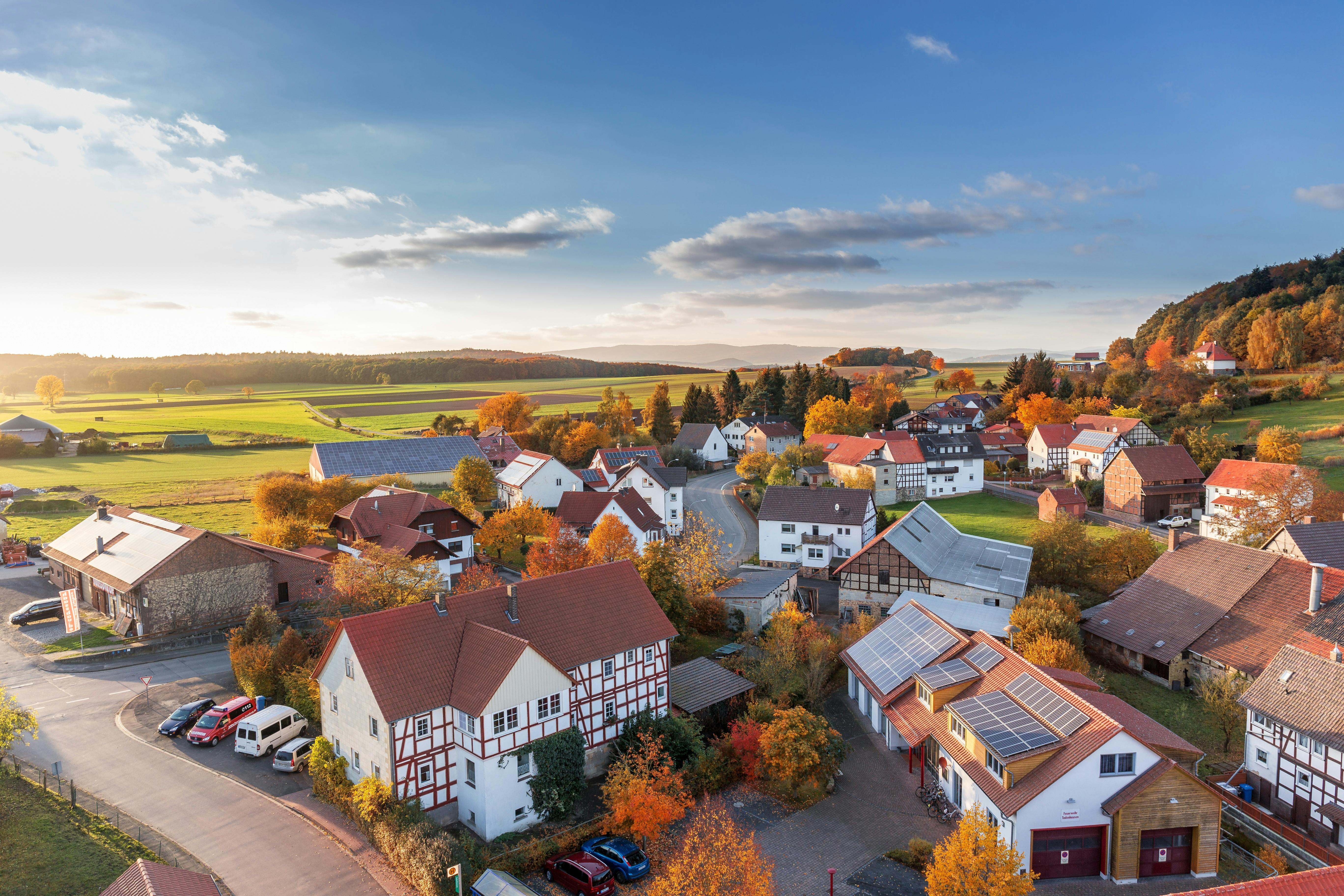
News & Events
Read the most recent updates and explore the upcoming events.

